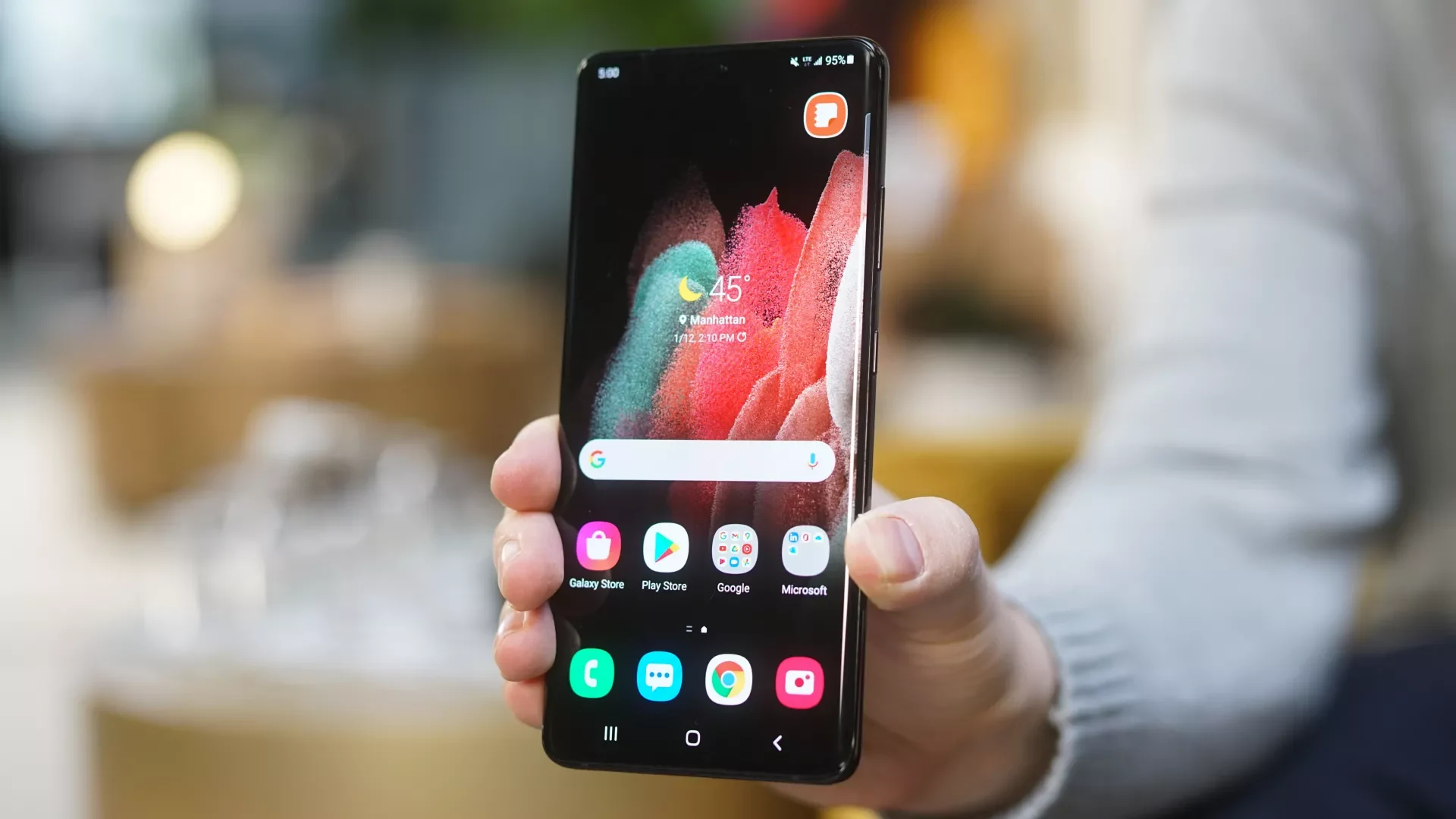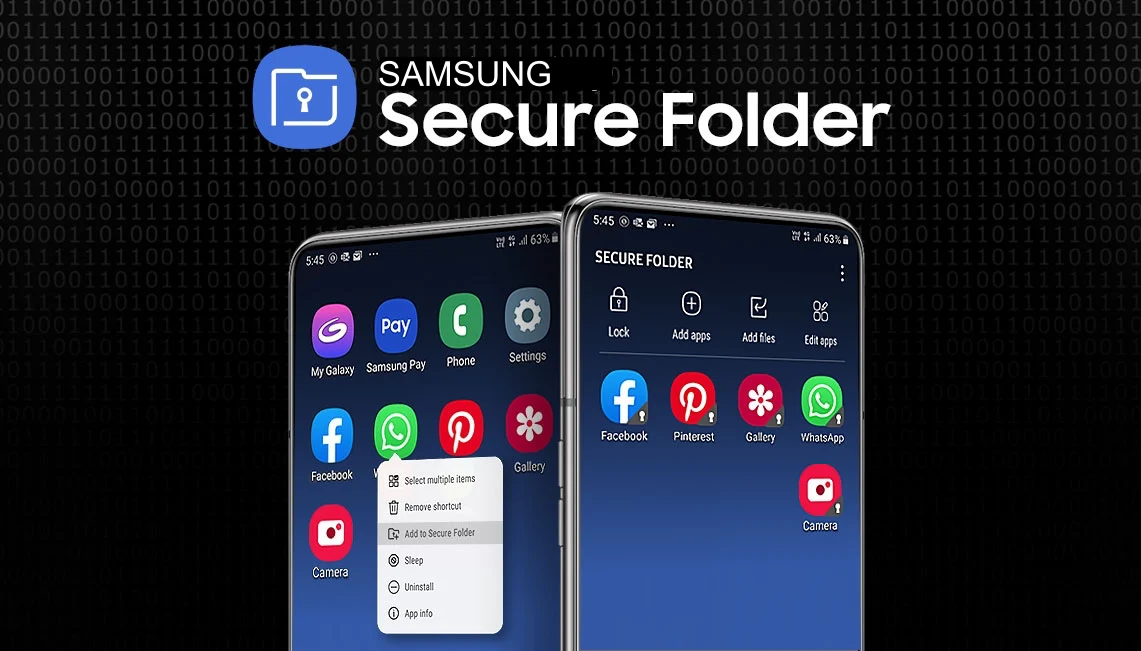Android 14
Google takes steps to make Android more secure with Android 14

Google’s mobile operating system, Android 14, was released in 2023 as a developer preview in February, and the stable version is anticipated to be available anytime starting in August. In order to safeguard corporate data and communications, Google has unveiled new mobile security capabilities for Android 14. Consumers and businesses will be able to disable 2G functionality on their devices or a fleet of managed devices with Android 14, in addition to unencrypted cellular connectivity capability. A similar feature was introduced with Android 12 as Allow 2G.
On phones that launch with Android 12, there is an option to turn off 2G modems. The second generation of mobile communication, 2G, has had security flaws since they were discovered. Calls and text messages sent over 2G can be intercepted by an attacker in real time because of the inadequate encryption used between the tower and the device. By switching off Allow 2G in Settings (Network & Internet) (SIMs), you may turn off 2G. This sort of security will be enhanced with Android 14, offering corporate users the option to manage devices and restrict a device’s ability to downgrade its connection to 2G, protecting them from assaults.
To protect their managed devices from 2G traffic interception, Person-in-the-Middle attacks, and other 2G-based risks, our clients may set mobile connections in Android 14 in accordance with their risk models by using the 2G security enterprise control. Require encryption will be a new menu item in Android 14. By turning off the 2G radio at all times or making sure staff are safe when visiting certain high-risk areas, IT administrators may set this protection as needed. Activating the feature requires modifying one of the crucial components of the connection between the Android Operating system and underlying hardware, the Hardware Abstraction Layer (HAL).
Because of this, it is currently unknown when the new toggle will actually be made available for end users or if the same will also come to devices already on the market. This new feature is expected to debut with the Pixel 8 and Pixel 8 Pro, extending to all Android devices. Google has stated Stingray attacks as a major reason behind the function. Stingray assaults have been increasing over the last few years, and the new feature comes as a great addition to workplace security.
Android 14
Galaxy S22 started receiving One UI 6.1 update with Galaxy AI features

Last month, Samsung officially confirmed the One UI 6.1 update for the 2022 models. Now, keeping its promise, the company has started rolling out the major update for the Galaxy S22 series.
The Android 14-based One UI 6.1 update for the Galaxy S22 series is live in South Korea. Users who own the Galaxy S22, Galaxy S22+, and Galaxy S22 Ultra can identify the latest update by the firmware version numbers S901NKSU3EXDC, S906NKSU3EXDC, and S908NKSU3EXDC, respectively.

Samsung has released several Galaxy AI features with the One UI 6.1 update that will help you provide a better communication experience and take advantage of the ability to quickly understand information.
For your information, the Galaxy S22 series device will get the benefit of all the important Galaxy AI features, including Circle to Search, Live Translate, Generative Edit, Note Assist, Transcript Script, Chat Assist, and many more.
Apart from the Galaxy AI feature, the device will also get some important additions on the customization side, where users will get several new changes related to wallpaper, lock screen, alarm, calendar, and many more.
To check the latest update on your device, navigate to the settings, then select the software update option here. Tap on the download and install option. Wait until it finishes searching to see if the update is available, then tap on the install button.
Android 14
Galaxy XCover5 camera breaks after Android 14 and One UI 6.0 update

Samsung Galaxy XCover 5 is one of the rugged smartphones that is dedicatedly made for using it in any weather condition. It is worth noticing that the company hasn’t limited it to giving tough hardware but also keeps it up to date with its fresh software. In the last major update, Android 14, it has grabbed some new features, and unfortunately, it has also got an issue with the camera, which is causing inconvenience to the users.
Galaxy XCover5 getting a camera issue after Android 14
The Galaxy XCover 5 has received Android 14 and One UI 6.0, and after installing them, users have started reporting about the camera issue. In the reports, the consumers have pointed out that they are not able to use the camera focus like before. Since the camera is the most frequently used feature of the smartphone, its malfunction is significantly affecting the overall performance of the devices.
Due to the malfunctioning of the autofocus, users are also having difficulty making payments due to the autofocus malfunction. When they open the QR code scanner, they are unable to do so because the camera is not focusing on the code.
However, the Korean giant hasn’t yet released a statement regarding the issue’s resolution, despite the fact that the issue surfaced after the last update, suggesting a software update-related problem. Hopefully, Samsung could release a proper update that will update it to the latest version.
Android 14
Google Get Inspired By Samsung; As It Copies Secure Folder Feature Housed In Galaxy Phones

Is Google following Samsung? With the Android 14 QPR3 Beta 2.1, it offers a new option for private space, which Samsung already offers with the title Secure Folder.
Google released Android 14 QPR2 Beta 1 in November 2023, which introduced a feature called ‘Private Space’ already housed in Samsung devices as Secure Folder. Since reports have been around for several days that the latest iteration of Android 15 will be dedicated to more security and will bring tons of new features to enhance users’ secure experiences, one of the awaiting features is Private Space.
The upcoming Private Space feature will allow the user to install the application in a separate, locked profile, which they can hide at any time. Although this feature has been in the development phase for a long time, it has not yet gone live. Let’s take a closer look.

The new feature named ‘Lock private space automatically’ will allow users to configure the feature to automatically lock the protected space depending on one of the two sub-options they select in it, which are ‘Every time device lock’ and ‘After 5 minutes of inactivity.’ While choosing the first, the feature will lock Privact Space instantly after they lock the device.
But here’s the catchable fact: Secure Folder, available on Galaxy devices, already offers this feature, so somewhere it seems like Google got inspired by Samsung.

The reports are also saying that when users set up Private Space, the feature now recommends them to create a dedicated Google account for using it to’stop data appearing outside private space; for instance, ‘Synced photos, files, emails, contacts, calendar events, and other data,’ and many more. This suggestion and the option to automatically lock the protected space further enhance the privacy and security of private space.
Upcoming Private Space will offer a redesign setup flow to deliver a better idea of the feature. Since this feature initially appeared in Android 14 QPR2 Beta 1 and then Android 14 QPR3 Beta 2.1, it is expected that Android 15 will bring this feature to enhance the secure experience.








